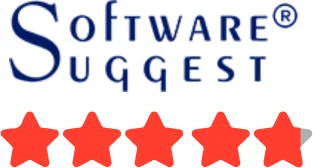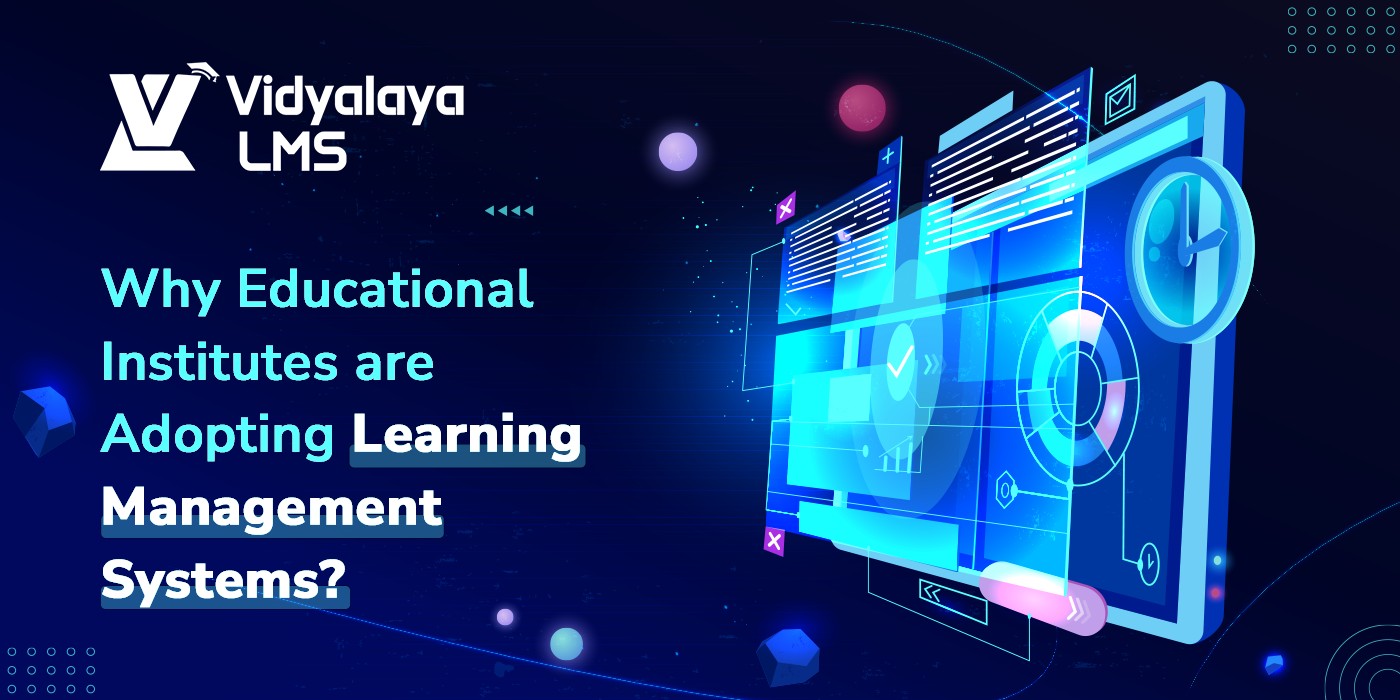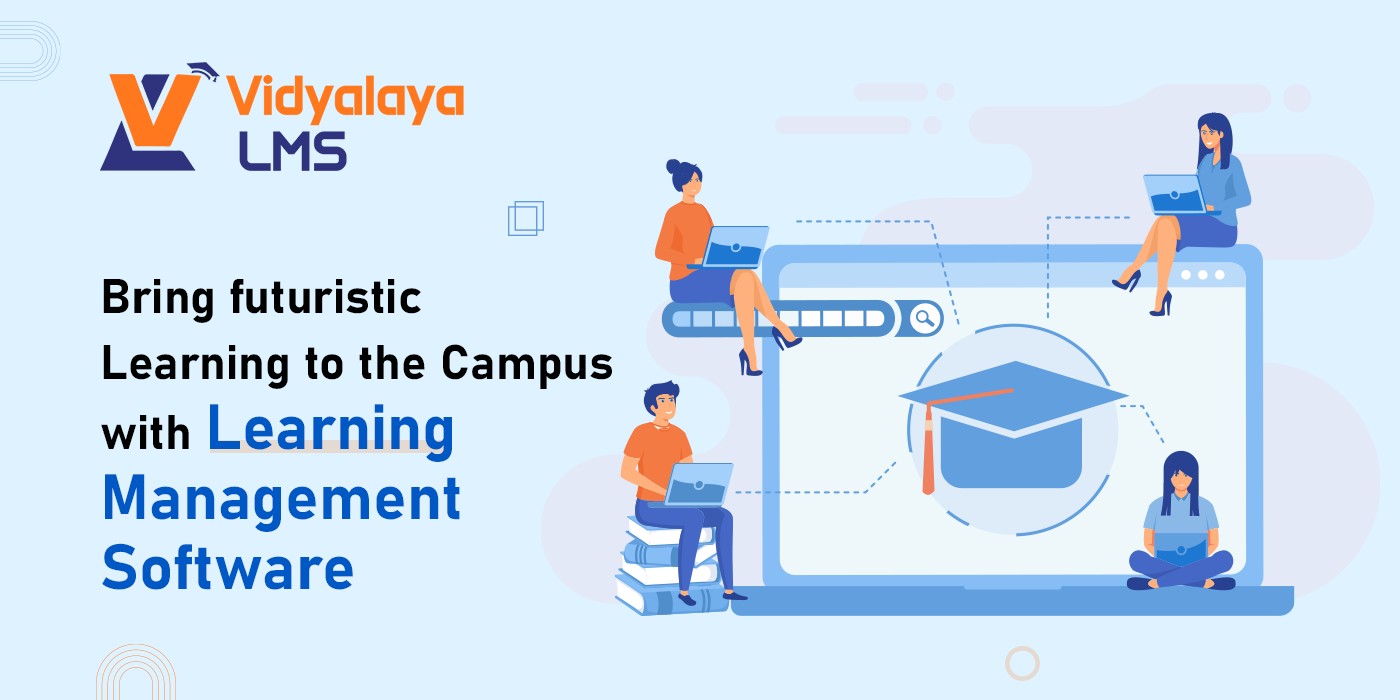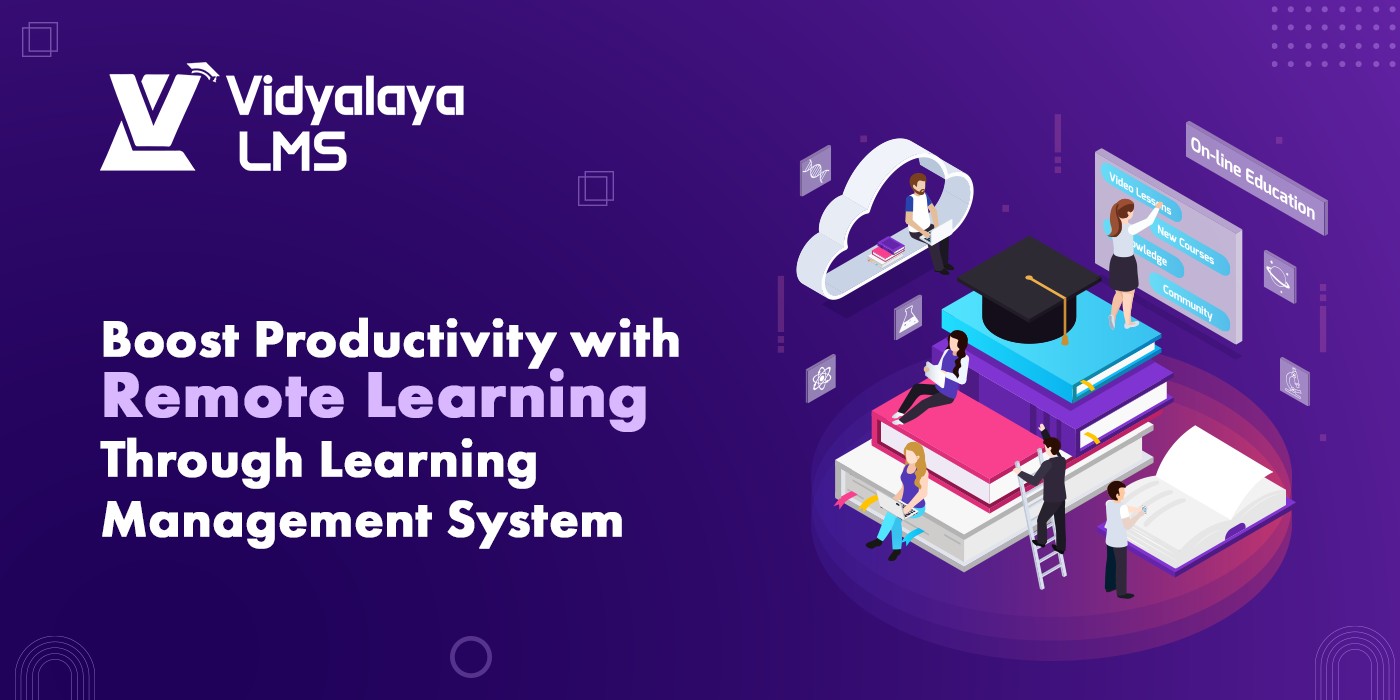“Change is the only constant in this world!”
We have read, learned, and written this sentence several times. This applies to all sectors, and the education sector is no exception. From residential-based Gurukuls to virtual classrooms, we have traveled so far with many transitions. One of the remarkable transitions is the innovation of Learning Management Software and its wide adoption by the education sector. This is not a short-term trend but will remain in the future. Let’s explore more about how this has become the favourite product of today’s educational institutes!
1. Centralized Learning Hub:
Overcoming the flaws of the traditional learning system of scattered materials, a learning management system provides a centralized platform for all types of learning needs like assessments, study materials, and resources. All stakeholders- students, administrators, and teachers can access this platform in one place which streamlines the learning process. This centralized approach enables consistency in content delivery and enables the learners to access their resources at their convenience. As everything is present under one roof, it is easy for teachers to track the learner’s progress. It also eliminates the need for physical infrastructure and travel and proves to be a cost-efficient option.
2. Efficient Development:
For modern institutes, LMS software acts as an asset as it allows educational institutes to deliver standardized educational programs irrespective of location. It automates administrative tasks like course enrolment, progress tracking, report generation, and others. This eliminates the need for manual record keeping and brings efficiency, saving time and resources for administrators and educators. As the entire process is streamlined, areas for improvement are also identified.
3. Scalability and Flexibility:
In developing countries like India, the cost of infrastructure development becomes a significant factor when thinking of expansion. A Learning management system fits this requirement as it doesn’t require scalability cost after you have invested the initial investment. The product offers flexibility in terms of adaption and growth with the institute. It is easy to accommodate a few learners or thousands; the LMS system can grow or shrink as per the changing needs. If you are opting for a cloud-based LMS product, you get seamless access to learning resources from any corner of the world, enabling remote learning.
4. Tracking Learner’s Path:
One of the major advantages of the Learning management system is it enables easy tracking of the learner’s progress. It keeps track of student progress and ensures the right path of learning is followed. It also allows to make necessary improvements to eLearning content by accessing the reports generated and can make the tailor-made learning path for individual students as per their performances.
5. Enhanced Learning Experience:
LMS software incorporates multimedia elements such as videos, audio, images, graphics, and gamified content to promote interactive and engaging learning experiences. This improves learner engagement and caters to diverse learning styles with better knowledge retention. LMS acts as a centralized platform for accessing course materials, enabling personalized paths, tracking learner progress, and ultimately making the process more engaging and efficient.
6. Data-driven Decision Making:
LMS software comes as a bliss for educators and teachers as it generates valuable data insights that can be used for informed decision-making. They can analyze learner’s progress, engagement levels, and assessment results to identify areas of improvement. Teachers can use this data to make teaching strategies and curriculum development.
Seeing into the future!
The future of the Learning management system is bright in terms of technological advancements. Emerging trends like AI and machine learning, virtual reality, and mobile learning will surely sustain this revolution ahead. AI and ML algorithms analyze the massive data to generate personalized content and personal recommendations and increase learner engagement. Virtual and augmented reality can provide a safe environment for learners to practice, organize virtual field trips, and promote collaborative learning. While these emerging technologies can optimize the learning experience, there are several aspects that need to be considered. But one thing is sure: these and upcoming trends will continue to promote a more successful learning environment that will be tailor-made and scalable.
Closing words!
The introduction of technology in education has brought several pros and facilitated the sector with feature-rich products, opening new doors for everyone. Adopting and implementing learning management software is a major trendsetter that has revolved around the sector in significant ways. The journey of revolution began in 1990 and continues to date empowering several institutes with fascinating innovations.
Vidyalaya has marked its presence with remarkable EdTech products and is a leading EdTech provider across the country and the globe. Our aim of digitalizing education always empowers the stakeholders to walk the road with innovation and growth. Our learning management system is already listed in the world-class product list, and we are constantly reinventing ourselves and searching for new approaches to learning. Nevertheless, if onboarding an LMS system is whirling in thoughts, talk to us!



























